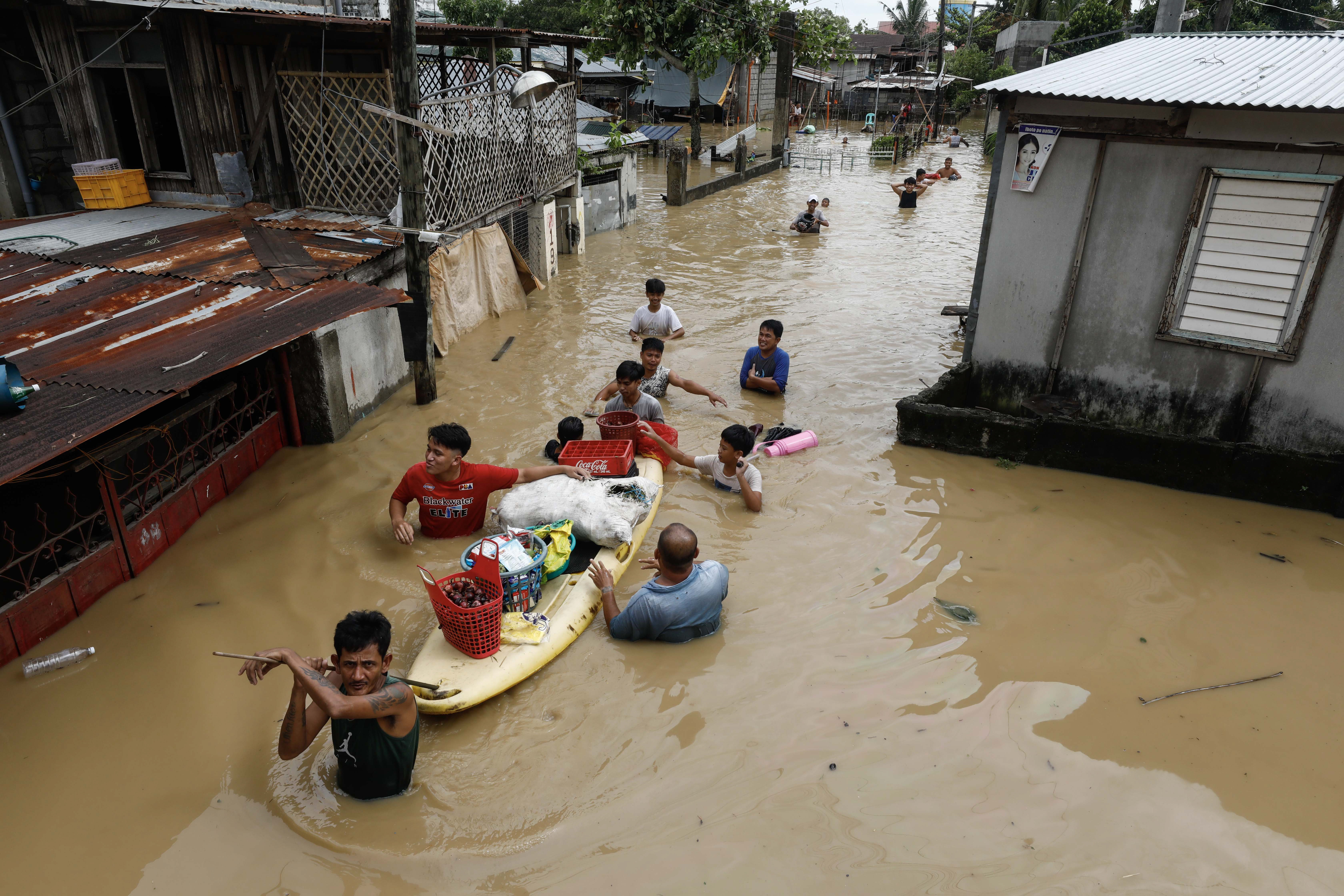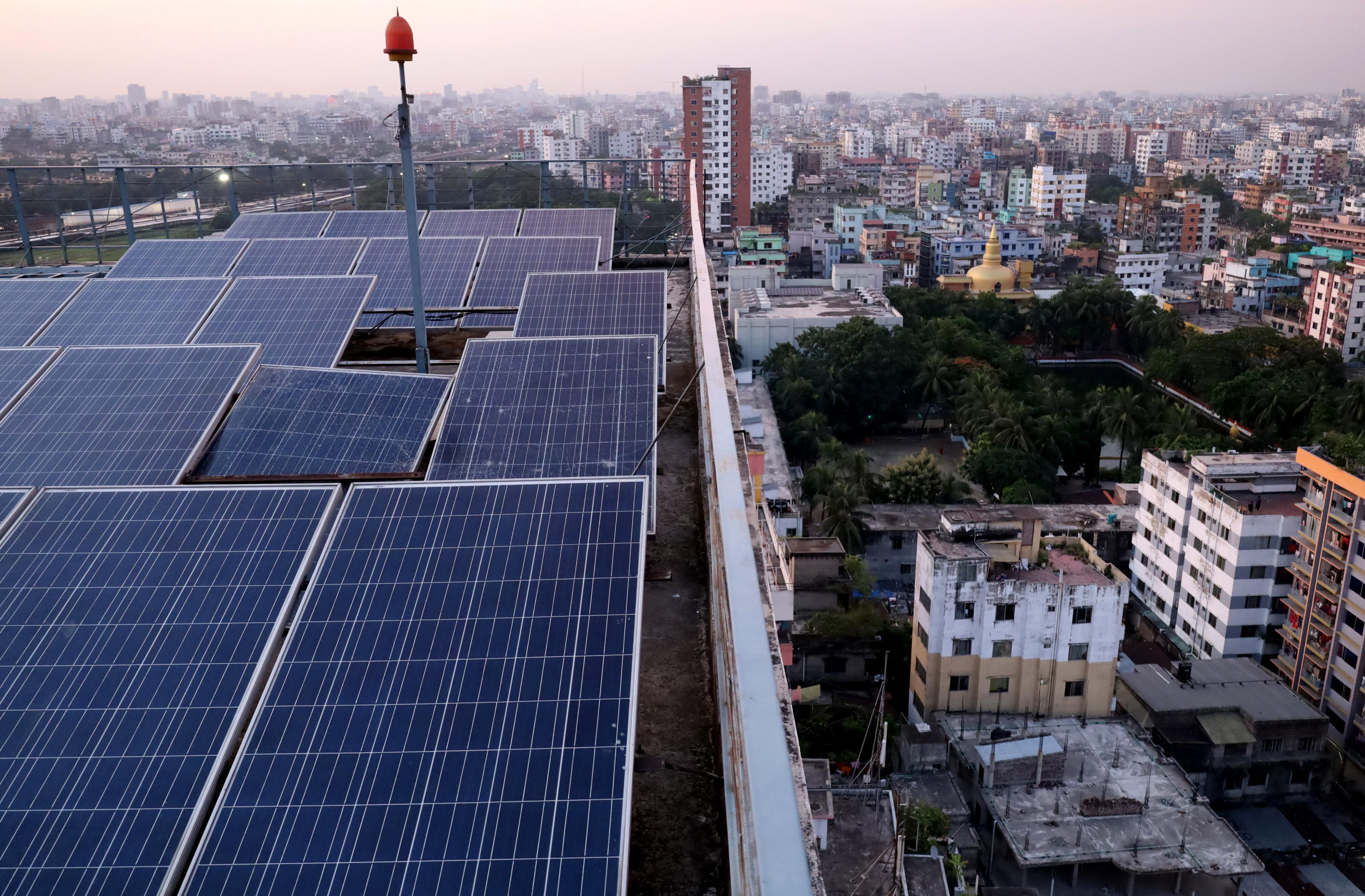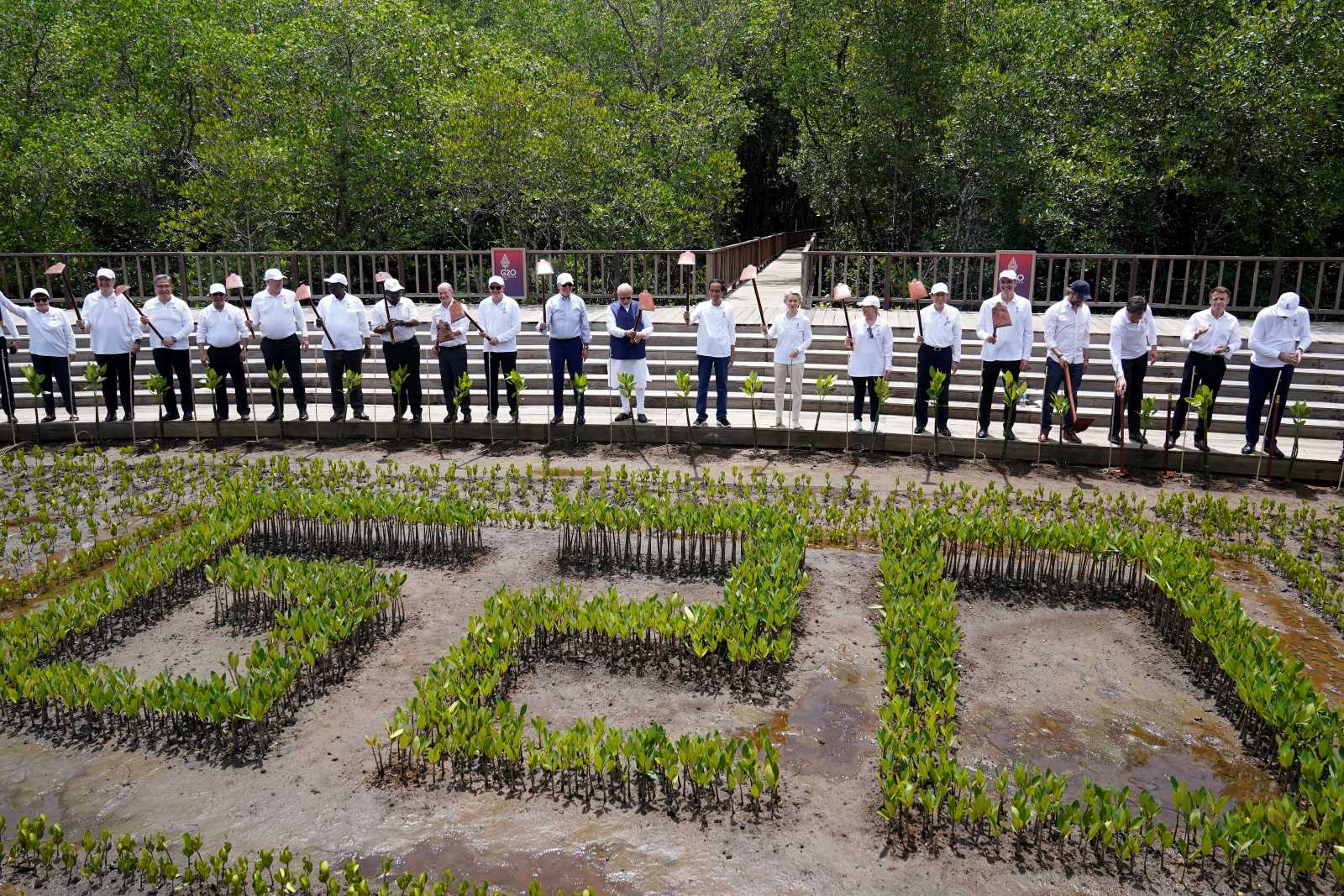Traveling in times of terror
Last year, my dad went to a beach resort in Tunisia. Not long before and not far from his resort’s location, an ISIS terrorist had shot 38 sunbathers. Accordingly, hotels, restaurants and shops were rather deserted. My dad told me that the people working in tourism were frustrated, fearing for their jobs and their future. He thinks they should be supported. He also thinks a terror attack can occur anywhere – so why should he refrain from going to his favourite places?
Both assessments make sense. I didn’t try to make my dad change his plans. “Now more than ever” is one possible reaction to some despicable people attacking our lifestyle – which traveling to foreign countries is definitely part of. Another possibility is taking worldwide terrorism as a reason to scrutinise this element of our lifestyle. Why do we fly around the world all the time? What do we gain? And what impact does it have – on the environment and the climate, the host countries’ natural resources and culture etc.?
I am not saying that tourism is all bad. Travel broadens the mind. It can also benefit poor countries’ economies a lot. We discussed some of its aspects in last year’s April edition. But it does a lot of harm too. And its ever growing: a record number of 1.2 billion people travelled outside their own countries last year. That was an increase of 4.4 % or 50 million over 2014, according to the latest World Tourism Barometer released by the United Nations World Tourism Organization (UNWTO). For this year, a similar growth rate is expected.
It would help, for example, if rich people scaled down their travelling from several international journeys per year to one. Or if they took the train instead of an airplane whenever possible. Europeans could go to a beach in the Mediterranean Sea instead of the Caribbean, while Asians could stick to Bali – although the Indonesian island may be considered prone to terrorism which might deter one traveller or the other. Anyway, I do think we have to change our lifestyle. Not because ISIS wants us to, but to preserve the earth and to guarantee a comfortable lifestyle for the coming generations too. I will talk to my dad about it.
Katja Dombrowski















